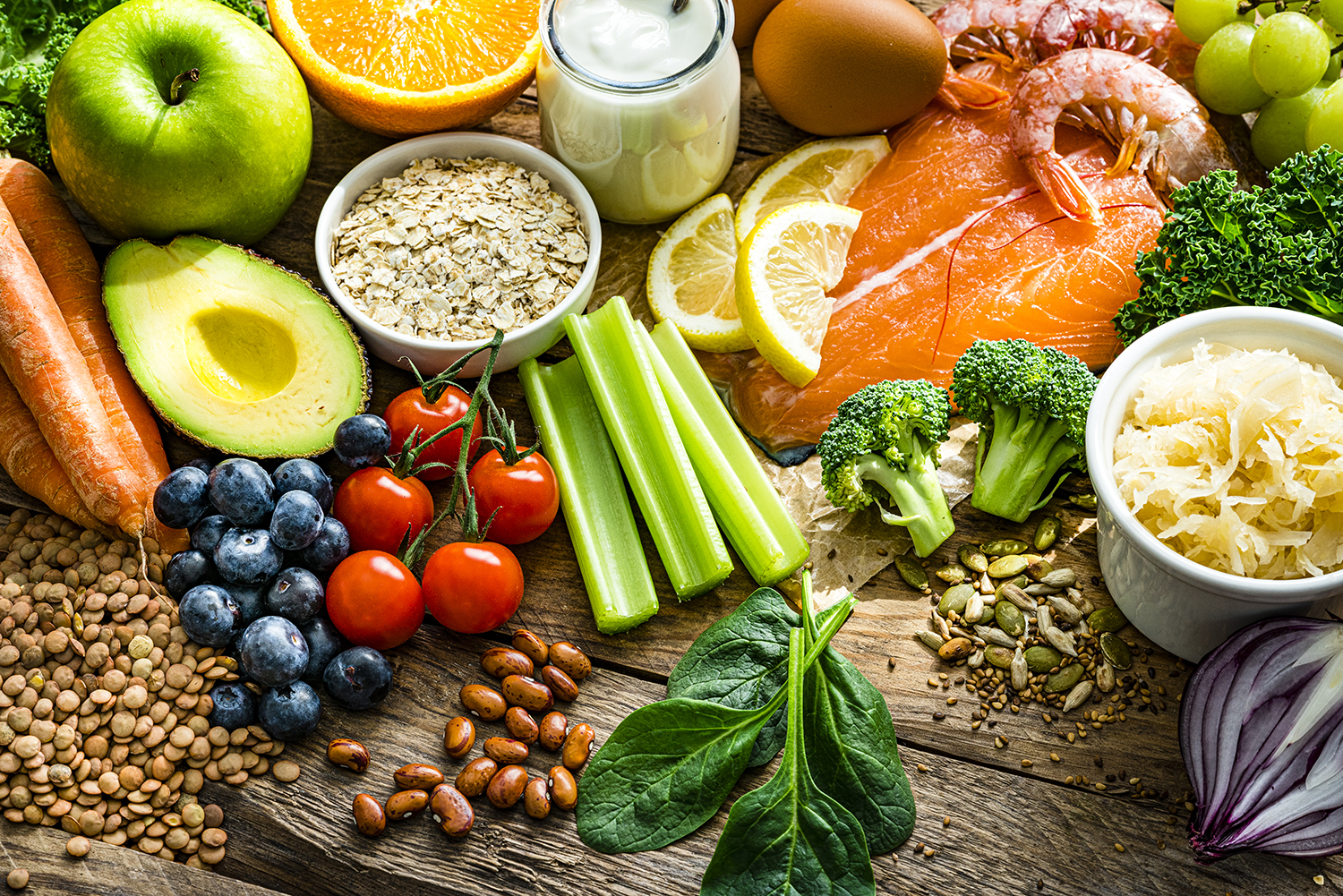3 Tips For Battling the Holiday Blues
Christmas cheer may be front and center in holiday commercials, but it is quite the opposite reality for many Americans. Here’s how to navigate sadness during the holidays.
For many, the holidays bring with them good tidings of comfort and joy. However, for millions of other Americans, this is not the case.
Seasonal Affective Disorder (SAD), a type of depression related to the changing seasons that rears its ugly head around the same times each year, affects an astonishing 15 million adults in America. For these individuals, darker, colder nights trigger feelings of depression, loneliness, and hopelessness. This is not dissimilar to those suffering from other depressive disorders.
And if you are not one of the many suffering from seasonal or other depression disorders, the holiday-related stressors and seasonal overwhelm can, according to the American Psychological Association, bring on physical illness, depression, anxiety, and even substance abuse.
Stringent deadlines, financial pressure, gift-giving, and family gatherings are some of the reasons for holiday blues creeping up. Understanding these triggers and the signs of depression before they sneak in and do lasting damage—whether to our loved ones or ourselves—is critical.
3 Tips for Managing Christmas Blues
The reality for many is that the holidays induce feelings of anticipatory anxiety more than Christmas cheer. The holiday season can also cause unhealed trauma and grief to resurface, especially if you’ve lost a loved one in the past year. So, whether you are trying to ward off feelings of depression this season or manage unusually high levels of stress, these three tips can help you survive the season with your hope and mental clarity intact.
- Be honest with yourself about how you’re feeling. Anxiety and depression can be amplified when we deny ourselves the ability to consider (and feel) our own feelings. Resist the temptation to avoid your own thoughts and feelings and instead face them head-on so they don’t fester and make you feel worse.
Are you feeling lonelier than usual this year after losing a loved one?
Are health issues or symptoms of chronic illness showing up more than usual?
Are you growing increasingly emotional about the physical and emotional changes you’re experiencing as you get older?
These thoughts, feelings, and more are all worth unpacking and peeling back the layers. Getting feelings out of your head and into a journal is another effective way to ward off negative emotions during the holidays.
- Get enough rest. When it comes to feeling our best emotionally and mentally, rest plays a critical role since it is the very function that aids in the repair and restoration of our minds and bodies. Not getting enough quality sleep can contribute to psychiatric disorders, contributing to the onset and worsening of different mental health problems, including depression, anxiety, and suicidal ideation. Improving sleep quality and quantity is one way to ward off the holiday blues.
Some tips to improve sleep include:
- Journaling before bed
- Drinking tea with herbs such as valerian root, lavender, chamomile, or passionflower 30 minutes before bedtime
- Skipping afternoon naps
- Maintaining a consistent wake and sleep schedule by going to bed and waking at the same time each day
- Managing stress in a healthy way
- Prioritize self-care. Pouring from an empty cup is a recipe for disaster. Prioritizing your self-care can make sure you feel your best physically and mentally, even when the holiday blues strike.
Try these self-care tips this holiday season:
- Make time for yourself. The holiday brings with it endless tasks and to-do lists. Make time to relax and recharge by reading your favorite book or volunteering at a local charity—anything that gives you a sense of purpose and enjoyment—so you can keep mental overwhelm to a minimum.
- Keep up with your healthy habits. When sadness and loneliness creep in, it can be hard to stick to a schedule or stay on top of healthy habits. Unfortunately, by letting good habits slide, we make ourselves feel worse. Healthy habits like eating nutritious foods and getting daily movement are extremely important for optimal mental health, so any effort to stay on top of your self-care schedule will make a significant impact on how you feel mentally (and physically) during this tough season.
- Make room for your grief. The holidays can be especially tough when you’re suffering from grief. Whether you lost a loved one or are feeling a tinge of loneliness because the family doesn’t visit as often as you wish, processing these painful feelings is important for our mental health. Avoiding them or denying yourself the space to experience them can set your mental health journey back, but choosing to talk to a trusted friend, family member, or professional about your grief can move your healing forward in a profound way.
- Adopt an attitude of gratitude. Studies show that people who practice gratitude are happier people. In fact, according to Harvard Health, “gratitude helps people feel more positive emotions, relish good experiences, improve their health, deal with adversity, and build strong relationships.” Practicing gratefulness during the holidays can be especially challenging, though. Try writing 4 to 5 things you’re thankful for in a journal each day to get into the habit of gratefulness. The benefit is two-fold: Journaling (especially before bed) can help you sleep better and give you a more positive outlook on life during a challenging season. And if you’re living and breathing or have the capacity to reflect on fond memories of your loved ones, these are all things to be grateful for.
In the middle of the holiday hustle, let us remember that compassion begins with ourselves. As we confront the shadows of seasonal blues, we embark on a journey of self-discovery and resilience. By embracing honesty, prioritizing rest, and nurturing our well-being, we carve a path toward a more mindful and meaningful holiday season. Let this be a time for festive celebrations and genuine self-care, understanding, and gratitude. In acknowledging our struggles and championing our mental health, we illuminate the way for a brighter, more compassionate future—where the true spirit of the holidays lies in kindness, both towards others and, importantly, towards ourselves.




